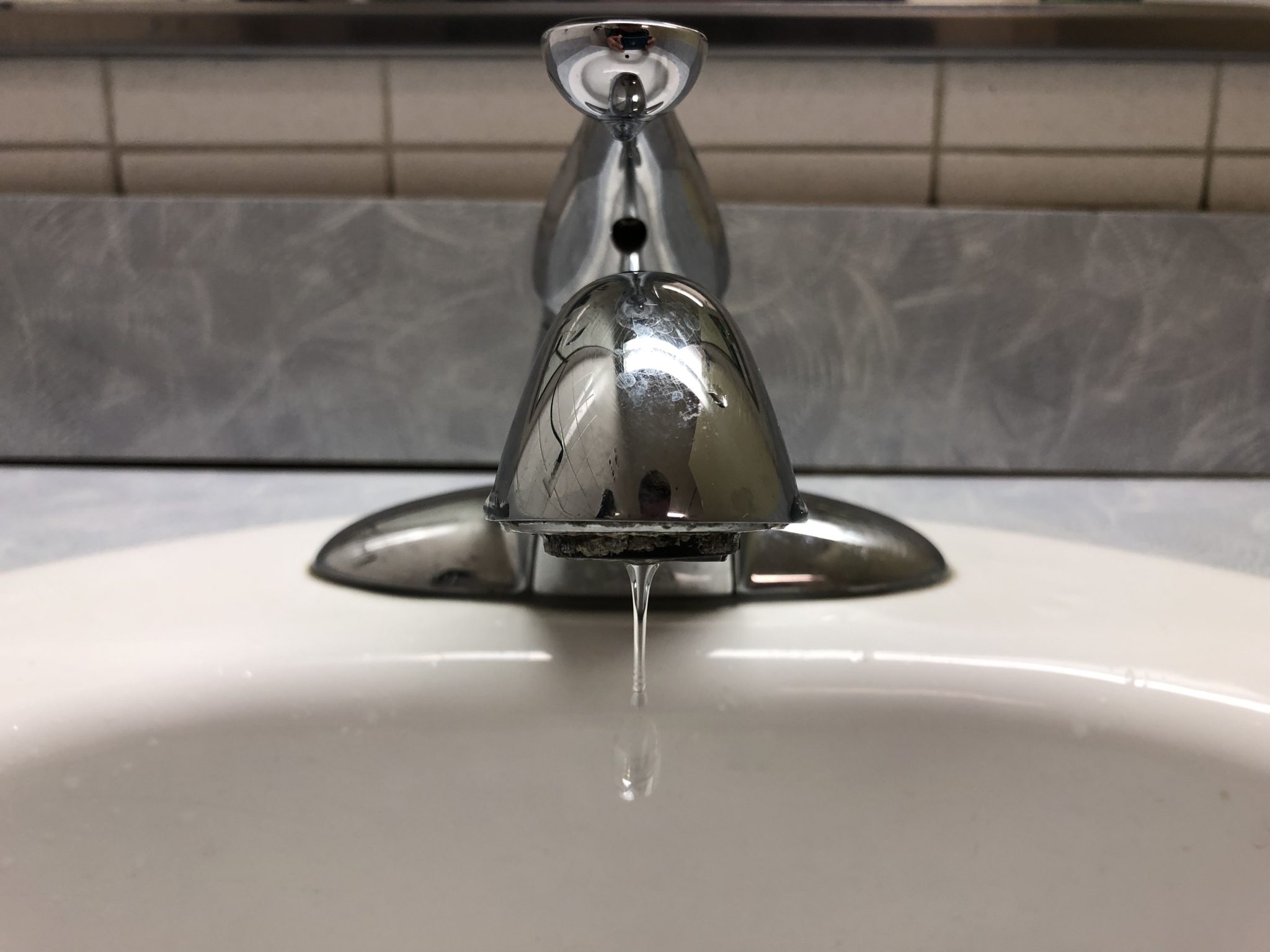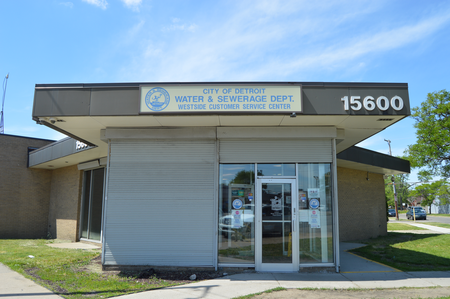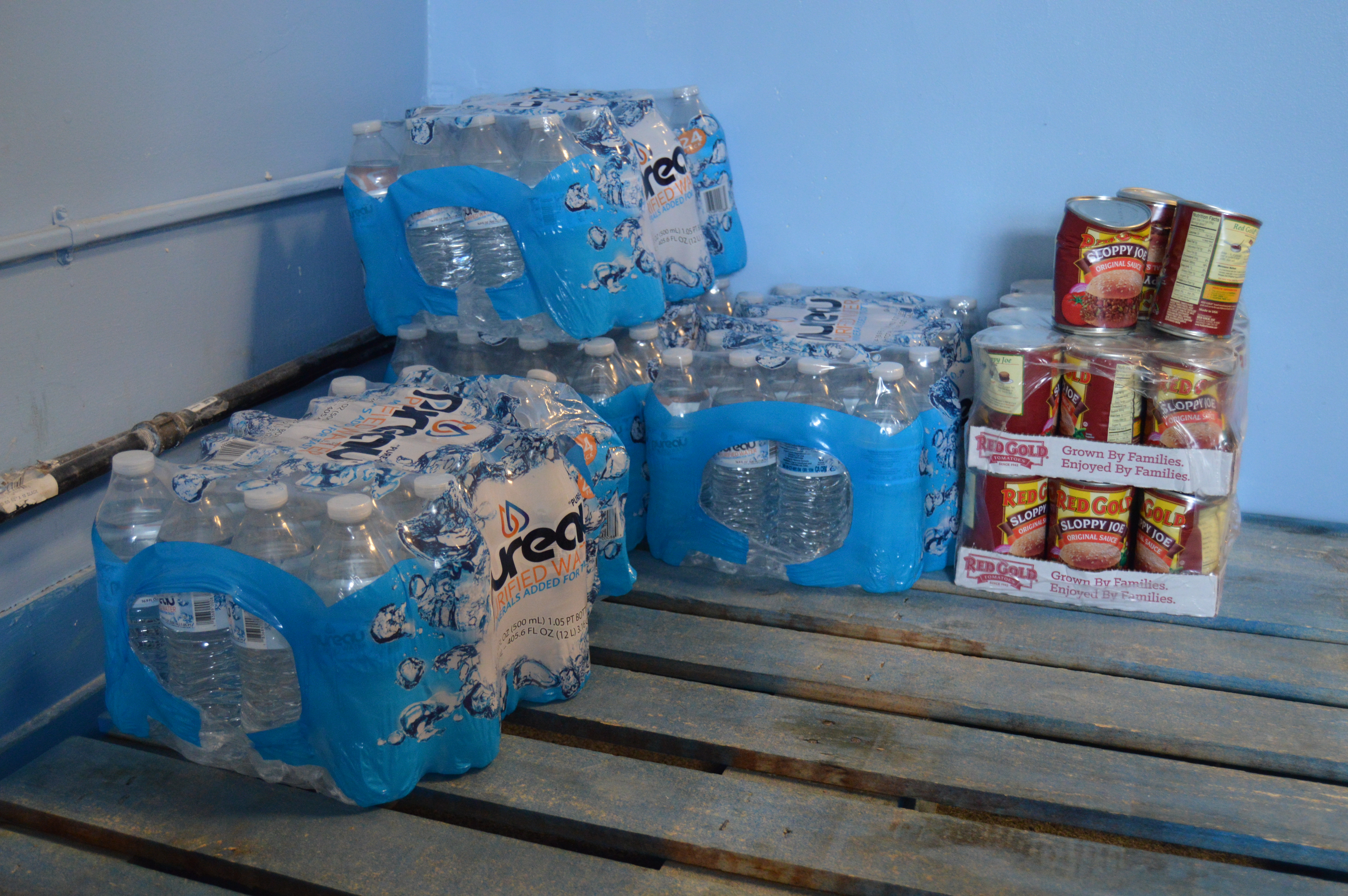Detroit Water Quality Tests Below State’s Action Level But Funding Challenges Remain
The city’s water department detected elevated levels of lead in one of 55 houses tested. But to successfully replace lead service lines in the city will require a $500 million investment.

The Detroit Water and Sewerage Department (DWSD) reported its latest lead testing results fell below the state’s lead action level earlier this week.
The water department examined drinking water in 55 homes and detected elevated lead levels in only one. DWSD director Gary Brown says officials anticipated higher numbers because of new rules. The lead 90th percentile for homes tested was 10 parts-per-billion.
“We’re proud to say we’re both below the federal EPA guidelines as well as the most stringent numbers in the country from the state of Michigan.” – Gary Brown, DWSD director
“We knew with the new changes that our numbers would elevate slightly. And we’re proud to say we’re both below the federal EPA guidelines as well as the most stringent numbers in the country from the state of Michigan,” he says.
The action level is a measurement of the effectiveness of corrosion control methods in reducing lead exposure. The state’s lead action level is 15 parts-per-billion. The action level is not a health-based measure, and there is no safe level of lead. That standard will drop to 12 parts-per-billion by 2025, making it the strictest in the country.

55 homes tested — out of 200,000 accounts
Lead exposure has serious adverse health impacts and can cause delays in cognitive development for children. Pregnant mothers and infants are most vulnerable to lead exposure.
Over 20 water systems in Michigan have exceeded the action level as a result of the changes in testing. These communities include Melvindale, Birmingham, Hazel Park, Highland Park, and others.
The new testing requirements are part of revisions to the state’s Lead and Copper Rule, which were established last year to protect public health in the aftermath of the Flint Water Crisis.
Brown adds the revised regulations only required the water system to collect samples from a small pool of homes even though the water system serves more than 200,000 accounts.
“You cannot take on a half a billion dollar project and pass that cost on to poor people.” – Gary Brown, DWSD director
“It’s what’s required,” he says. The state requires that “we have to test the same homes we’ve tested in previous years. And the number they gave us is 50, and we did 55.”
He adds the department sampled homes across the city, making the results representative of the system.
Replacing service lines with “scarce resources”
Detroit water officials say the state requires water utilities to test the same homes with lead service lines to keep a track record of results.
They estimate there are around 120,000 lead service lines in the city. The department has completed over 500 complete lead service line replacements, on both the public and private sides, according to Brown.
“Detroit is not by itself in this situation.” – Gary Brown, DWSD director

Brown says the cost to replace all service lines in the city of Detroit will be north of $500 million, and that the water department was able to find a way to allocate money toward replacements without passing the economic burden on to the rate payers, thus far.
“You cannot take on a half a billion dollar project and pass that cost on to poor people. You have to find a way to be able to do it equitably,” Brown said.
The department continues to be scrutinized for their water shut off rates, and activists protested a water board meeting over the numbers earlier this year.
DWSD is negotiating with the state to procure the necessary funding to complete lead service line replacements as outlined in the new regulations.
“We’re going to be competing with other cities in the state for scarce resources to be able to do that,” Brown said. “Detroit is not by itself in this situation.”

